
Battle Against Inflammatory Pain begins with Food
Everyone experiences inflammation, whether or not they are aware of it. If you’ve ever sprained your ankle, cut yourself while chopping veggies, or been stung by a bee, you know what inflammation feels like. It’s the body’s way of protecting itself from dangerous invaders like germs and repairing damaged tissue by causing pain, redness, swelling, and heat. Infections like the common cold or flu can also cause inflammation, however long-term, persistent inflammation can harm vital organs and contribute to conditions including type 2 diabetes, rheumatoid arthritis, and cardiovascular disease.
Health professionals and chefs agree that inflammation may be to blame for a wide range of signs and symptoms, including brain fog, gastrointestinal difficulties, muscle aches, and skin rashes. The authors of a popular book on the subject of inflammation explain that systemic inflammation at high levels is at the root of many chronic diseases.
Chronic inflammation is caused by numerous factors, including prolonged tension, poor sleep, excessive sitting, and excess body fat. However, a diet rich in refined carbohydrates and processed foods is the greatest offender. There are no “good” or “bad” foods for the majority of individuals; everything in moderation is acceptable. It has been demonstrated that consuming more whole, minimally processed foods (as opposed to less nutritious, processed foods) decreases inflammatory blood markers by 20%.
It might be overwhelming to make so many changes at once when you’re attempting to live a healthy lifestyle. It’s better to take baby moves in the right direction. This post was written for you if you want to learn more about managing inflammation through what you eat, and it was put together with the help of Sirwiss-partnered chefs.
Preventing Inflammatory Diseases Through Food
According to the experts, you may make a beneficial impact on your health by incorporating a few of these “best” foods and minimizing the amount of times you consume these “worst” foods in your diet.
1) Best: Beans
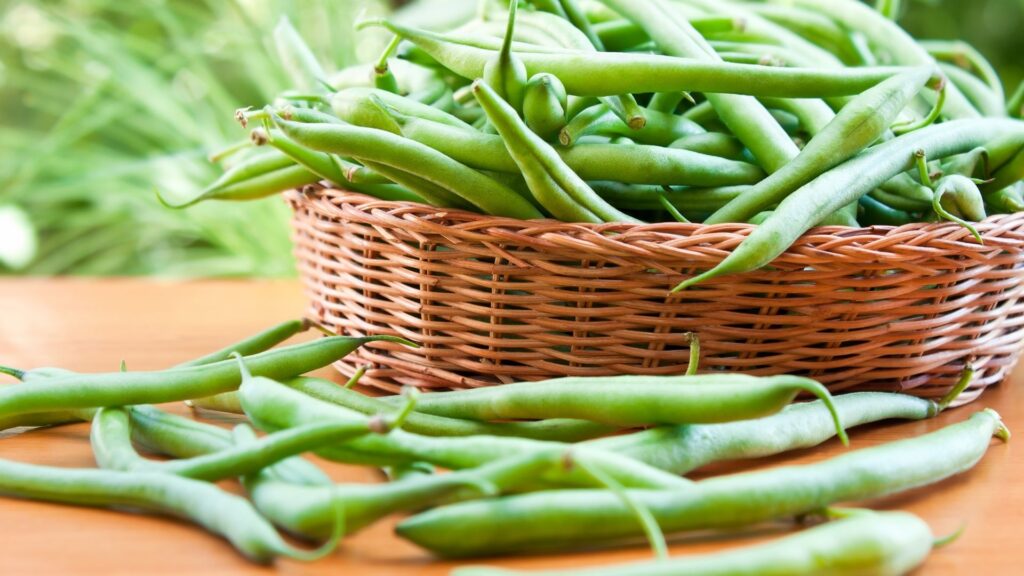
Foods high in fiber prevent blood sugar surges that cause the body to overproduce free radicals that trigger the release of inflammatory messengers. Unfortunately, most of us do not consume enough protein; women under age 50 should strive for 25g per day, and men should aim for 38g per day. Aim for 21g for women and 30g for men over age 50. Beans that are high in fiber, such as cannellini, black, or garbanzos, are an excellent substitute for fatty foods, such as sirloin.
2) Best: Avocado
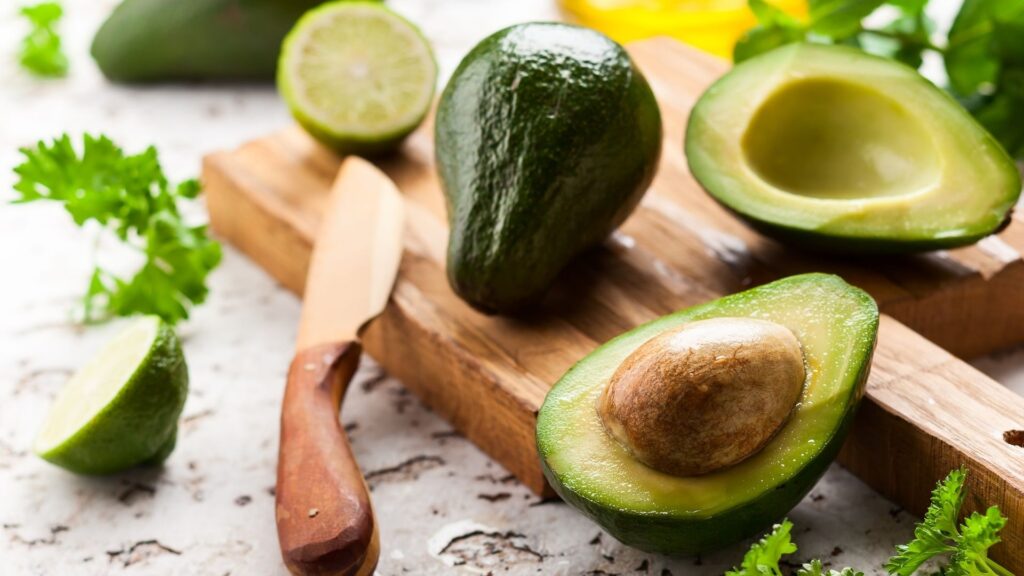
Avocados are abundant in anti-inflammatory antioxidants such as carotenoids, heart-healthy monounsaturated lipids, and anti-oxidant vitamins A and E. Additionally, they contain soluble fiber, which can reduce the risk of cardiac disease.
3) Best: Sweet Potato
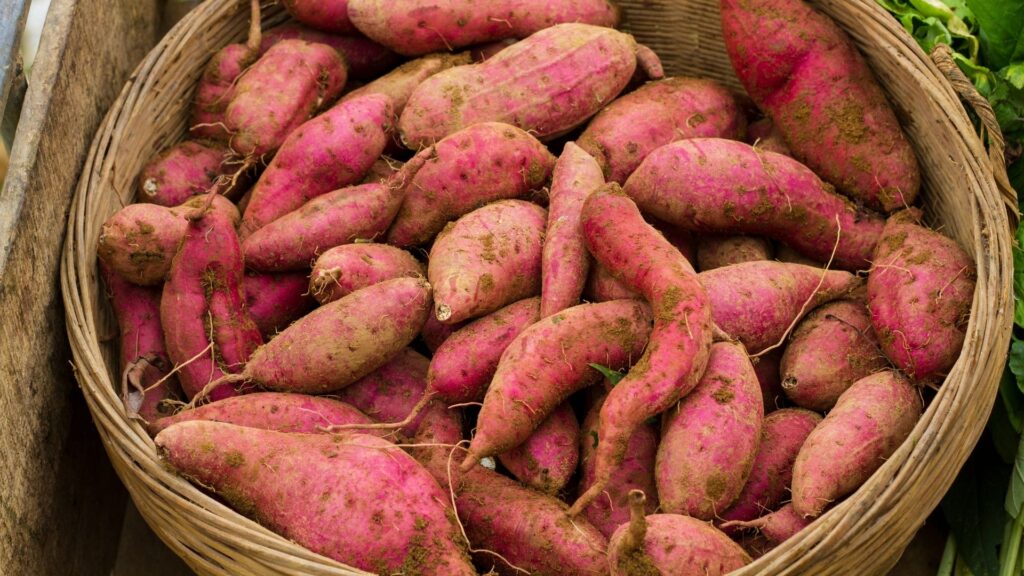
Substitute a sweet potato for a traditional potato. It is rich in polyphenols, which are antioxidants that may prevent or reverse inflammatory damage caused by free radicals, as indicated by its vibrant orange hue. In addition, they contain about 4 grams of fiber to help you reach your daily objective.
4) Best: Citrus Fruit
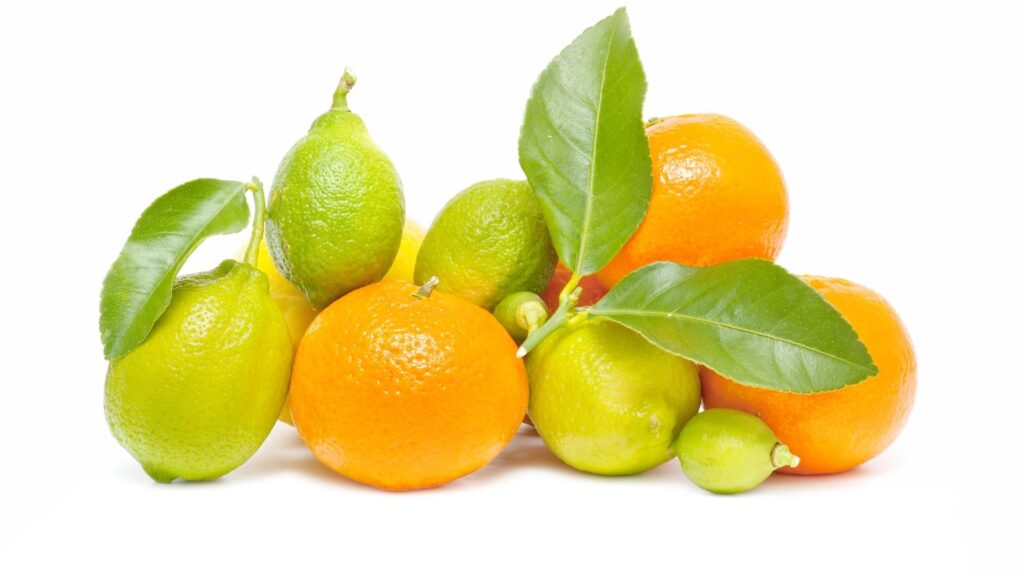
Citrus fruits contain polyphenols that may “turn off” the inflammation valve in the body. In addition, they contain flavanones, which can boost the immune system and reduce inflammation. Add them to salads for an antioxidant flavor boost.
5) Best: Leafy Greens
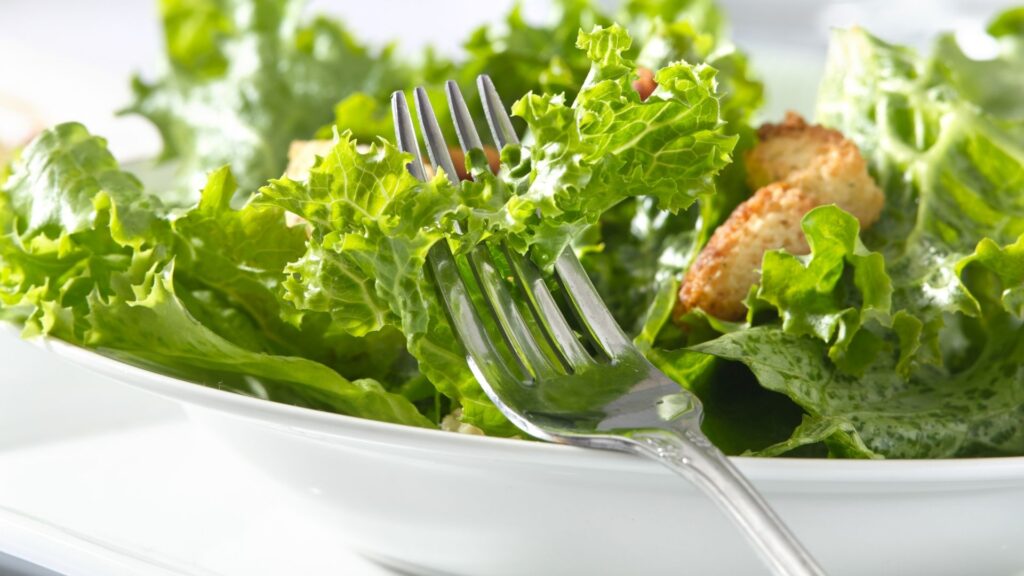
Bring on the leafy greens, including kale, spinach, mustard, and mesclun. Several servings per week of these vegetables, which are rich in carotenoids and vitamins A, C, E, and K, may reduce the risk of gastric, breast, and skin cancers and heart disease, according to studies.
6) Best: Nuts
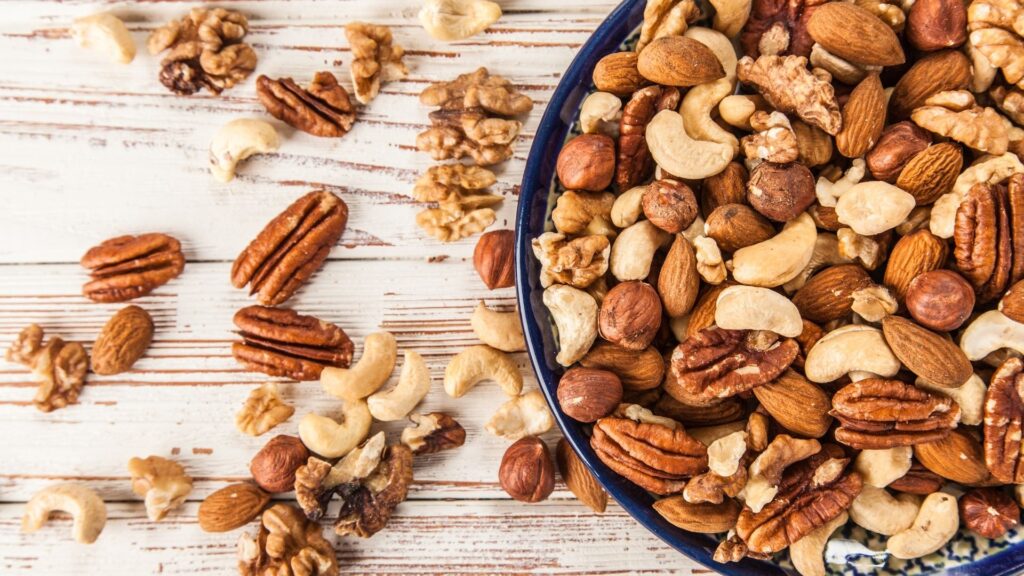
Nuts are rich in protein, which stabilizes blood sugar levels and prevents the release of excess insulin and formation of free radicals. Nuts also contain insoluble fiber, which keeps the digestive tract moving. A small fistful of almonds, walnuts, or pecans or two tablespoons of nut butter constitute a heart-healthy snack.
7) Best: Fatty Fish
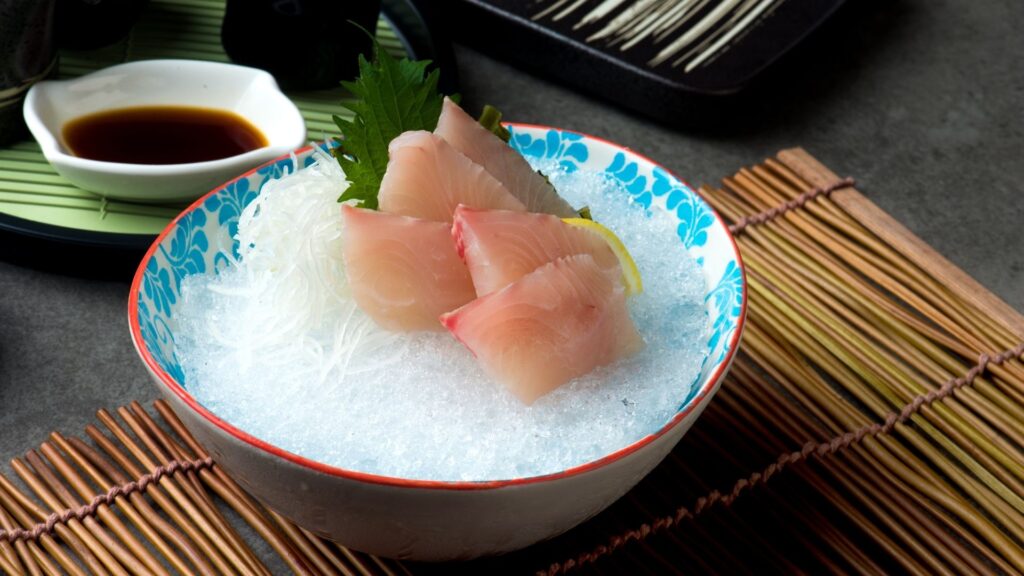
Salmon, tuna, and herring, among others, are rich in omega-3 fatty acids. These polyunsaturated fatty acids inhibit the secretion of inflammatory-causing compounds. Aim for 1.1 g of omega-3s per day for women and 1.6 g per day for men, and consume two servings of fish per week.
8) Best: Berries
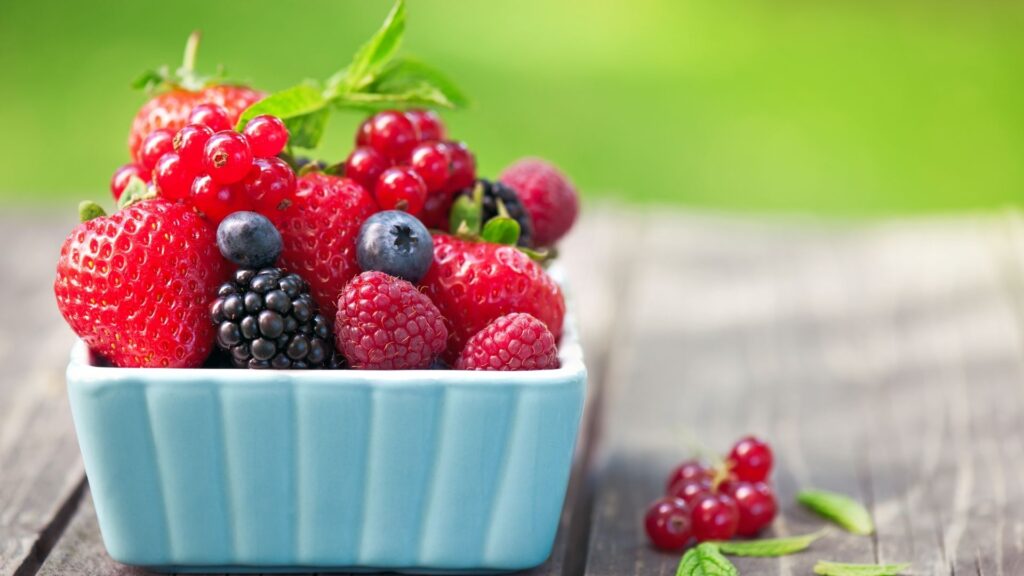
Berries contain high levels of anthocyanins, which, according to research, may reduce inflammation and keep the mind alert. Toss with Greek yogurt for a breakfast packed with protein and antioxidants, or freeze for a sweet tooth nibble.
9) Best: Tomatoes
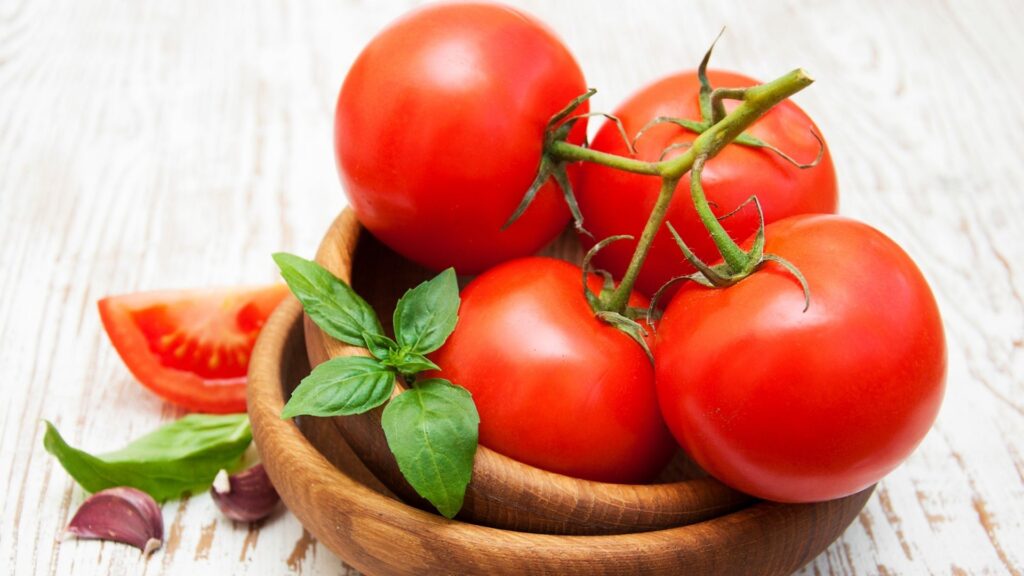
Tomatoes include antioxidants like vitamin C and carotenoids like lycopene. Lycopene is associated with a reduced incidence of cardiovascular disease and specific cancers. For a refreshing nibble, top toast with Greek yogurt, sliced tomatoes, and a sprinkle of lemon zest and mint.
10) Best: Coffee or Tea

Polyphenols are abundant in teas, including green, black, white, and oolong varieties. Additionally, coffee is abundant in antioxidants that prevent cellular injury. Just avoid adding additives such as high-fat cream and sugar.
11) Best: Apples
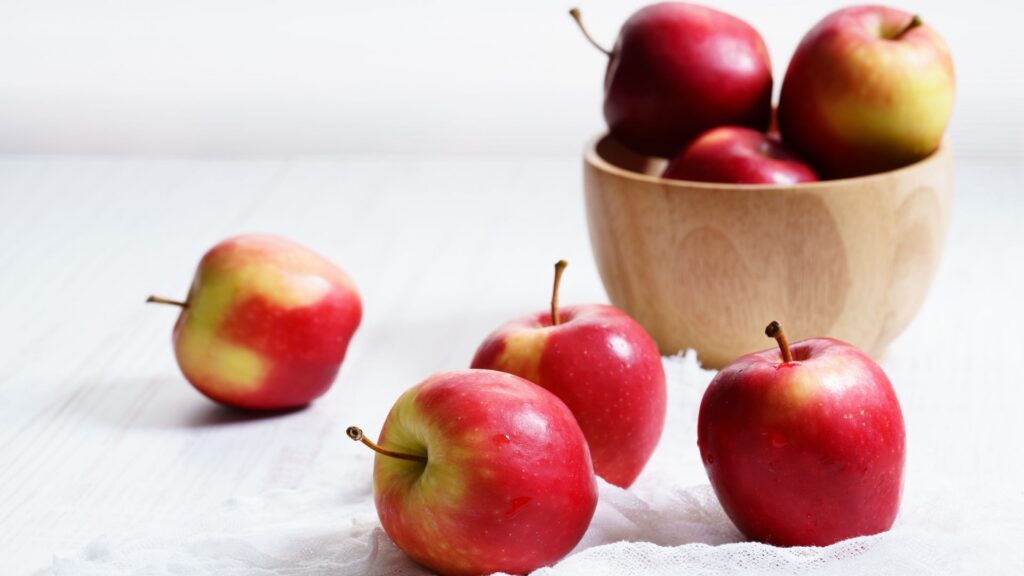
Apples contain flavanols and anthocyanins, among other polyphenols. Be careful to consume the skin, which contains fiber for digestive health.
12) Best: Whole Grains
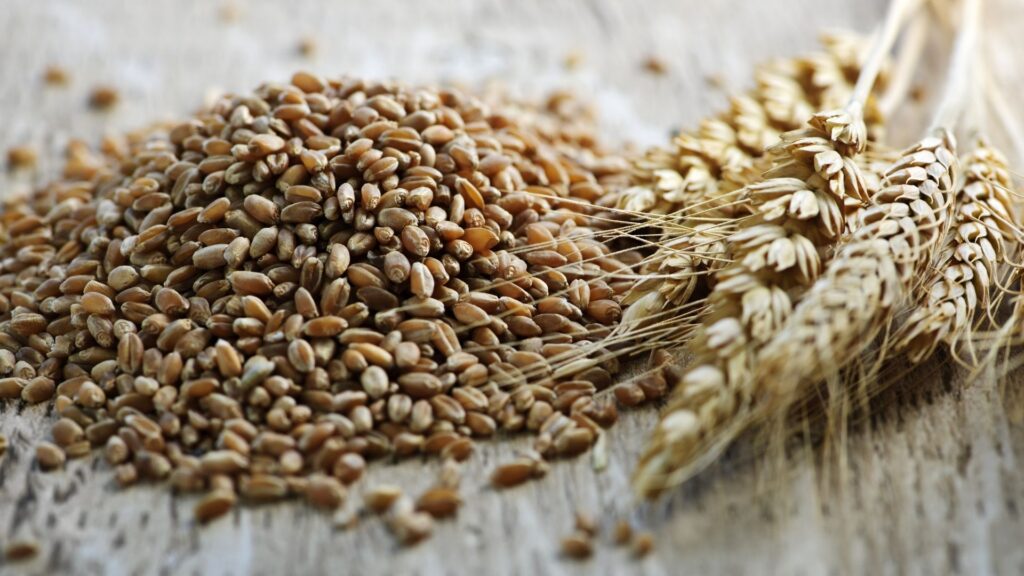
Whole-wheat pasta or bread, brown rice, barley, and oats are superior to refined grains. They contain fiber, preventing blood sugar spikes, and have not been drained of nutrients like refined carbohydrates. Replace white with brown rice, pasta, and bread.
13) Best: Dark Chocolate
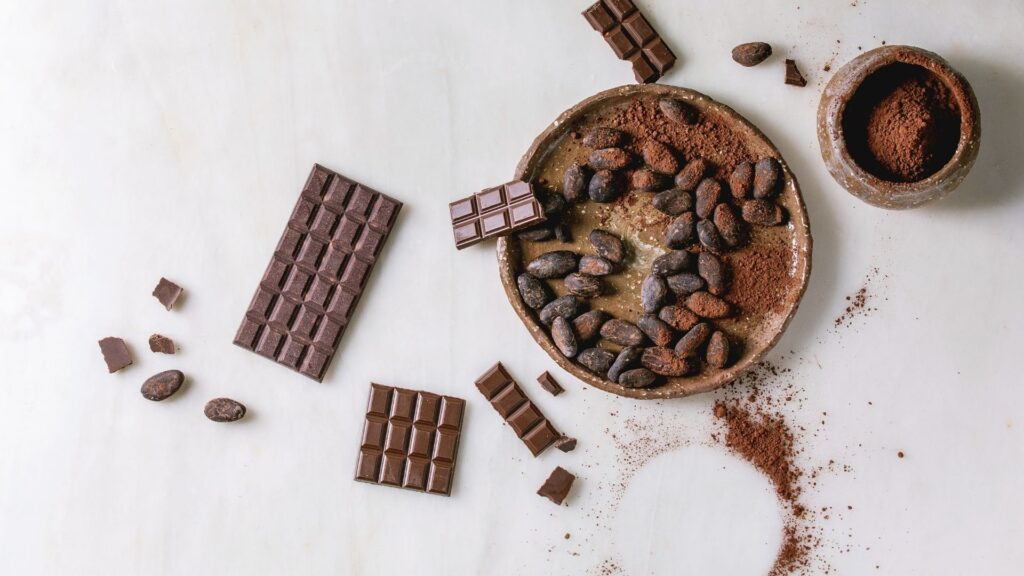
Dark chocolate offers the greatest value when indulging. It contains anthocyanins and catechins, among other polyphenols.
15) Worst: Refined Carbohydrates
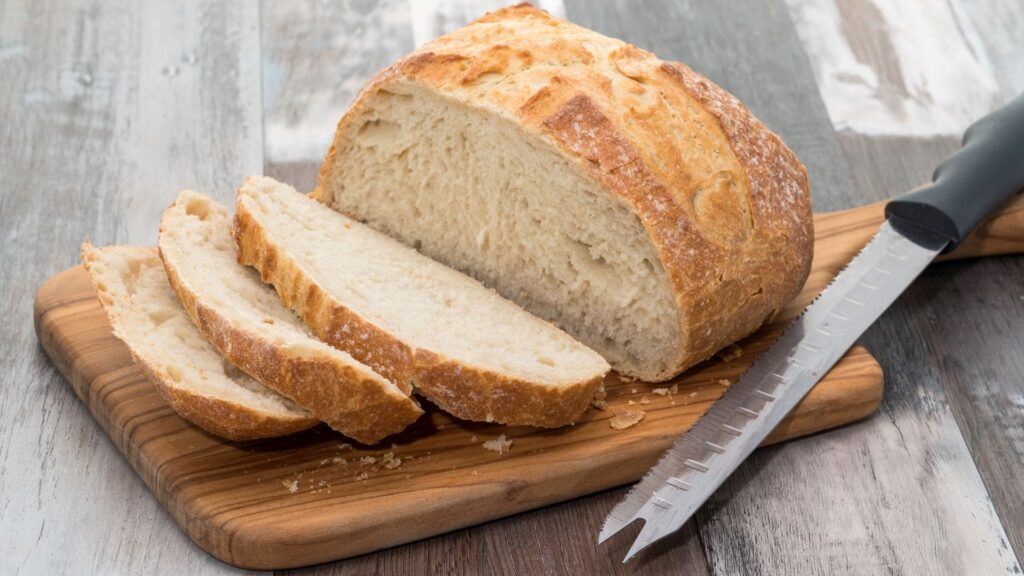
High-refined-carbohydrate foods are rapidly metabolized by the body, resulting in a rise and subsequent drop in blood sugar levels. White flour, white bread, and white rice all contain them.
16) Worst: Processed Meats

Saturated fats are abundant in foods like bacon, sausage, hot dogs, and cold meats. In addition, they may contain preservatives such as nitrates, which can increase inflammatory levels.
17) Worst: Full-Fat Dairy
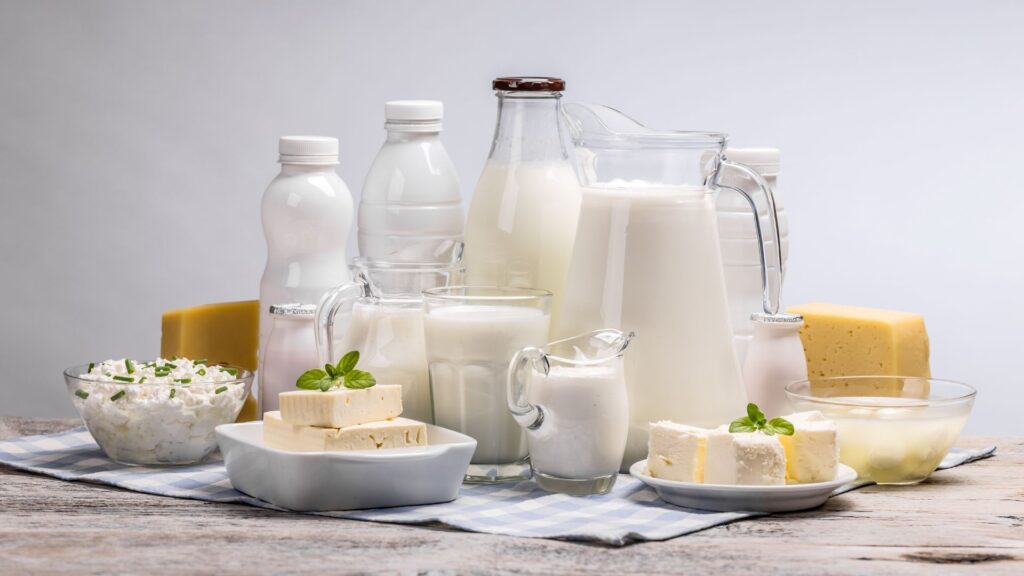
Dairy products that are low in fat or fat-free can provide calcium and protein, which help maintain stable blood sugar levels. But a full fat dairy adds unnecessary fat.
18) Worst: Baked Goods

Baked products are composed of refined carbohydrates, which are rapidly metabolized and cause a blood sugar spike and inflammation. It’s acceptable to indulge on occasion, but remember the 80/20 rule: Consume non-inflammatory foods eighty percent of the time and your favored treats twenty percent of the time.
19) Worst: Sweetened Beverages

Soft drinks, juices, hot cocoa, and sweetened coffee beverages contain a high amount of added sugar, which can increase inflammation levels. These beverages are also associated with increased adiposity and LDL cholesterol levels, according to research.
20) Worst: Trans Fat
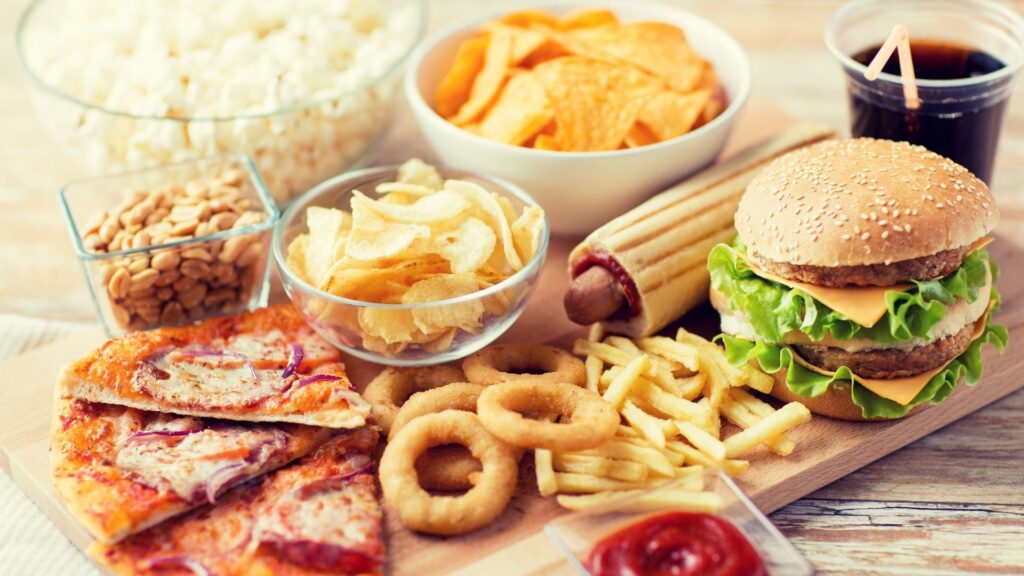
Trans fats (also known as partially hydrogenated oils) are solid-at-room-temperature lipids that have been chemically altered. They increase inflammation and the risk of cardiovascular disease, so avoid them as much as feasible. This includes margarine and shortening, snack foods, fried foods, and store-bought baked products.
One of the most effective methods to reduce inflammation is not found in the medicine cabinet, but in the refrigerator. By adhering to an anti-inflammatory diet, you can permanently combat inflammation.